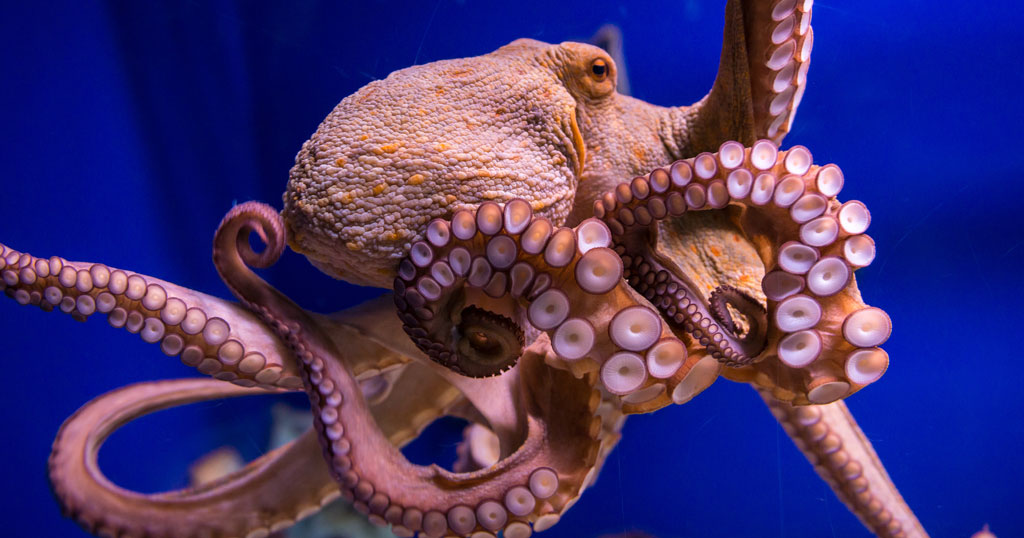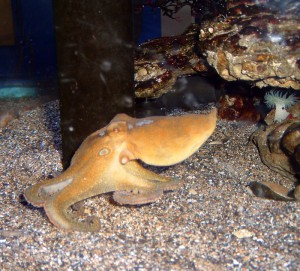
In the murky depths of the ocean live some of the smartest and most unusual creatures to inhabit the earth. Octopuses are known for their sucker covered tentacles and chameleon-like abilities to change color, pattern and shape to blend it with their environment. The changes aren’t limited to just their appearance. A new study published in Cell reveals that they can change their brains as well (1). The study found that octopuses recode their brain in response to environmental temperature changes using RNA editing.
Continue reading “Octopuses Use RNA Editing to Transiently Change Their Proteins When They Get Cold”
